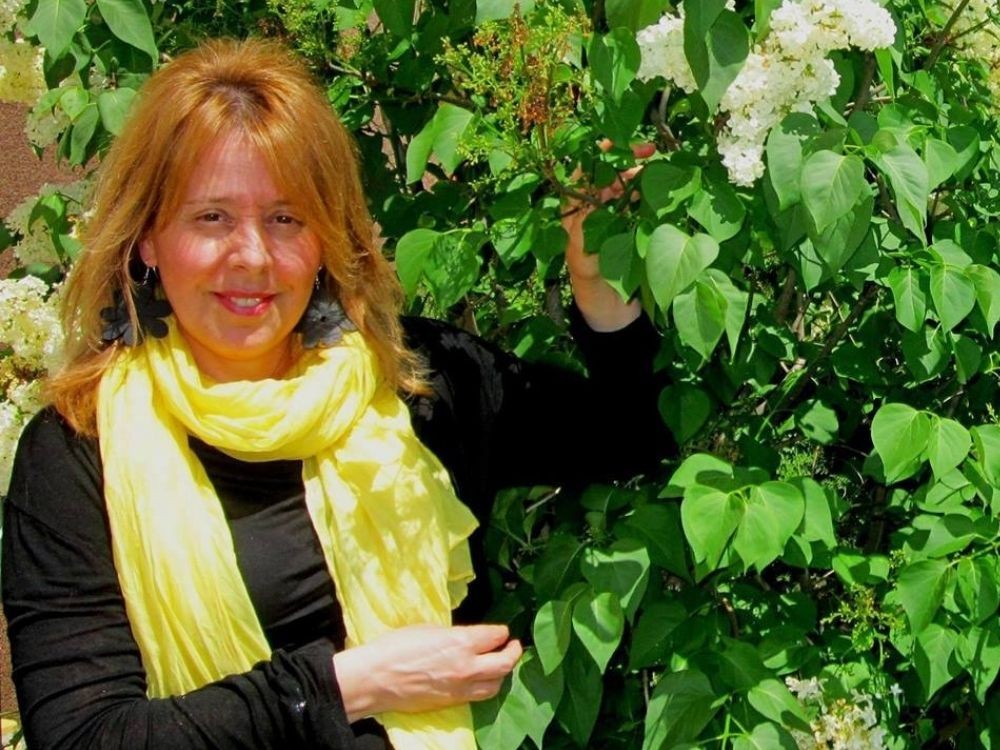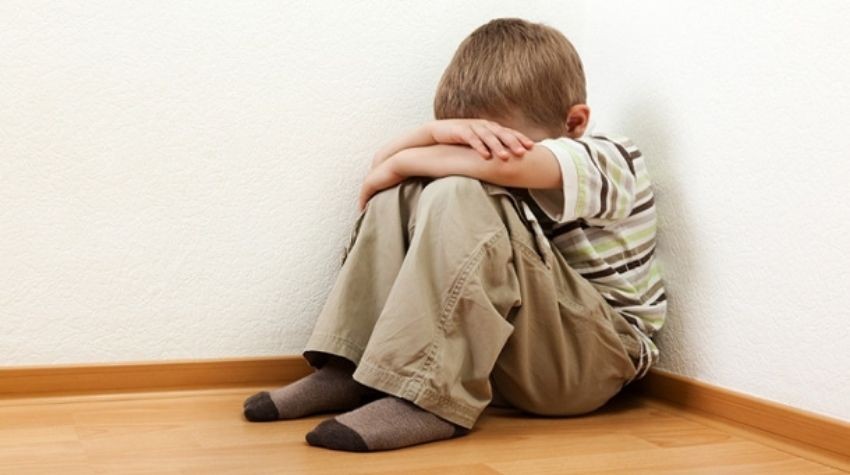The last Wednesday in February is known as Pink Shirt Day and raises public awareness to the problem of bullying at school. "Bullying is one of the emotional manifestations in the relationship between students, and in school there are many other relationships that periodically stand out - these are the relations between teachers and children, between parents and teachers, etc," explains Anet Marinova, school psychologist with many years of practice. In the classes at the 23rd High School in Sofia where she works, today she will once again talk about the relations between the students and the ways in which aggression in resolving interpersonal conflicts can be avoided.
"The topic is important wherever there are young people and a lively children's environment," says Anet Marinova. “There are many feelings in the relationship between children and a variety of situations can occur, sometimes leading to injury to someone or to oneself. School bullying is one of the key topics when we talk about the environment and the psychological climate at school. Everyone should be given a chance for good development and success in school and beyond. In my school back in 2006 there was a special project initiated by UNICEF and the Ministry of Education called "School - a Safe Environment". We worked for two years in a very structured and purposeful way, not as a one-time campaign solely. The topic is important and not only for the school psychologist or counsellor, it must be accepted by all."
 In this regard, programmes engaging the school institution with regard to the mental health of adolescents would be helpful. "They will unite all activities, practices and initiatives so that school psychologists do not feel like lonely warriors in this arena," says Anet Marinova.
In this regard, programmes engaging the school institution with regard to the mental health of adolescents would be helpful. "They will unite all activities, practices and initiatives so that school psychologists do not feel like lonely warriors in this arena," says Anet Marinova.
"With regard to educational policies, there is a need to take the next step, which is not closely focused only on bullying at school, but also related to national curricula aimed at children's mental health. The aim is to set a wider field in the educational program for the development of children's social skills, knowledge of emotions, cooperation with teachers and parents, building good relationships between them. Also achieving better coordination between school and family. It is important to introduce support policies within the school. We live in a new, dynamic time, our worries and feelings of insecurity are more intense, children's questions are more numerous, so we need to be able to work in a more integrated manner with everyone and everything that excites them."

Difficult situations in our daily lives affect children and adolescents differently. Psychologists define aggression as "failure to cope with the situation, lower self-esteem of the child." It can be reduced by enabling the expression of the child's strengths, says Georgi Ivanov, chief expert at the State Agency for Child Protection. When a child feels victimized, he or she can turn to the Agency's experts for help via the 24-hour national hotline 116111.
Signals for aggression against children can also be submitted through the website of the agency, at its headquarters in Sofia and in its regional structures in Burgas, Vratsa, Plovdiv, Varna and Ruse. Practice shows that most often children's calls are associated with aggression towards them and cyberbullying. "The important thing for us as adults is to have a benevolent approach to children," Georgi Ivanov told BNR-Radio Sofia. And he advises, instead of asking "why", to ask the question "what is your participation", "is this happening at home".
"A positive attitude towards children always leads to a positive result. Whatever children see in the family, at school, in their environment, it turns into their model of behaviour in life. The better the connection between school, parents and children, the smoother the child passes the transition to a mature person with adequate reactions to any situation", the expert from the Agency for Child Protection believes.
English Rositsa Petkova
Photos: BGNES, Facebook /Анет Маринова, nmd.bgAn international conference “AI and education: The road to innovative teaching and learning” brings together 50 teachers from the Bulgarian schools around the world on 4 and 5 April in London. The event, taking place under the national programme of..
People are increasingly freeing up space for technology that they manage and keep under control. Artificial intelligence is quickly settling into this shared space. AI has been entering classrooms in recent years to bring the..
Today, 2 April, on Autism Awareness Day, the Burgas Bridge will be illuminated in blue as a sign of empathy, the Municipality of Burgas announced. The day was established in 2007 by the UN General Assembly to ensure that every society creates..
A pink pelican has become a real attraction for the residents of Varna. Hundreds of people have spotted it in the area of the Marine Station in the..
This year, Orthodox and Catholic Christians will celebrate the Resurrection of Christ togethe r. On the same date, the entire Christian world will turn..
Sugar artist Mariya Ozturk's latest masterpiece - a model of St Peter's Basilica in Rome - prompted us to reach out to our fellow Bulgarian during the..

+359 2 9336 661
